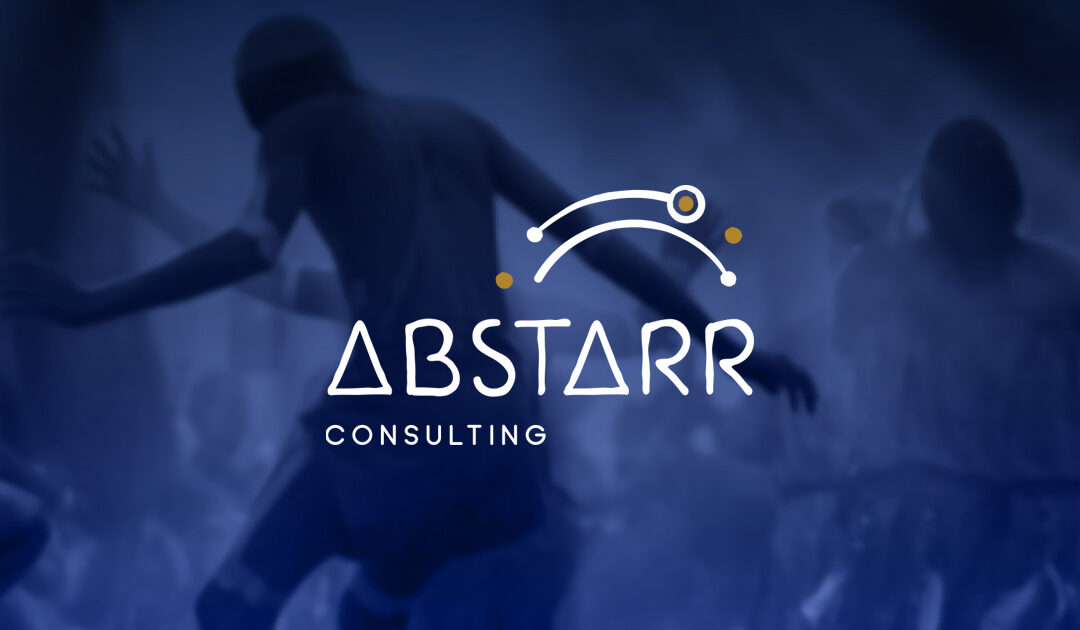
May 20, 2016 | Uncategorized
Aboriginal identity has at least three parts to it. I write here according to Aboriginal values and perspectives, not the Commonwealth’s deeply flawed three part administrative definition, or from white obsession with defining us for their own purposes. Firstly, one...


